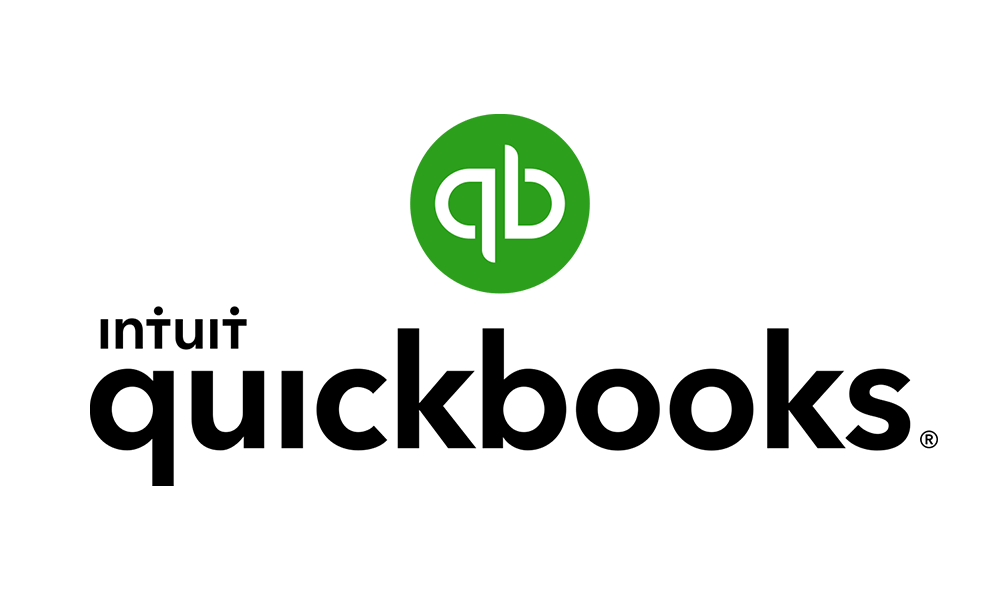The Great Debate: Quickbooks Online vs Quickbooks Desktop

QuickBooks accounting software was released by Intuit to enable easier management of day-to-day operations including sales, inventory and payroll. QuickBooks has seamlessly integrated into a variety of businesses and functions, it has been integral in reducing manual effort, error and increasing accuracy, reporting capabilities, overall efficiency and productivity. Despite gaining incredible popularity existing over two decades, the debate over QuickBooks Online (QBO) vs. QuickBooks Desktop (QBD) does not seem to lose steam.
Both QuickBooks online (QBO) and QuickBooks desktop (QBD) have superior accounting features, the key point of difference between QBO and QBD are type of installation, data access and pricing. Before we embark on understanding the differences, we first try to understand the key features of QBO and QBD –
QuickBooks Desktop – Overview
QBD has to be set-up and managed locally and facilitates accounting, billing and payment management, reporting, inventory management, payroll management etc., It has pre-built integration modules among which Salesforce QuickBooks integration, Zoho QuickBooks integration are very popular. It also integrates with applications such as Avalara which enable easy tax computation and filing. The products offered by BluSynergy seamlessly integrate with QuickBooks desktop and offer features like customer self-service portals, complex billing and payment management, tiered pricing etc,. There are three plan offers under the QBD version, the three plans are briefly covered here –
| Point of Discussion |
Plan |
||
| QBD Pro 2020 | QBD Premier 2020 | QBD Enterprise 2020 | |
| Capabilities | Tracking revenue and expenditure
Generation of profit and loss statement Automated payment schedule Business performance assessment Automated payment reminders for customer Merging of multiple invoices into single statement Periodic scheduled customer communication |
In addition to Pro 2020 features –
Industry specific features Pre-built industry specific reports / formats Tracks performance at customer, project or product level Ability to forecast revenue / profit or loss and other industry specific aspects |
In addition to Pro and Premier 2020 features –
Varied and enhanced features depending on plan opted for – Silver – Key metrics, valuations and itemized margins Gold – Enhanced payroll functionalities Platinum – advanced inventory and pricing capabilities
|
| Type of Pricing | License Key | License Key | Annual subscription |
| Price Point | $299.95 | $499.95 | Silver ($1091.70 – 1st year;$1213 thereafter)
Gold ($1419.30 -1st year; $1577 thereafter) Platinum ($1746 – 1st year; $1940 thereafter) |
| Number of computers | 3 | 5 | 30 |
| Add-on Features | Upgrade to Pro or Enterprise at discount
Payroll management Remote hosting available at additional cost |
Upgrade to Enterprise at discount
Payroll management Remote hosting available at additional cost |
Payroll management
Remote hosting available at additional cost |
QuickBooks Online – Overview
QBO Online is a cloud-based software and has gained incredible popularity among SaaS based businesses. Among the most unique features of this model is the ability to manage, update and access data from anywhere and integrate with any existing CRM application. It has pre-built integration modules among which Salesforce QuickBooks integration, Zoho QuickBooks integration are very popular. It also integrates with applications such as Avalara which enable easy tax computation and filing. The products offered by BluSynergy seamlessly integrate with QuickBooks online and offer features which enhance customer service experience. An account on QBO can be created by signing-in via web browser or application download. QBO can also be accessed on mobile smartphone. There are 5 plans offered by QBO –
| Point of Discussion | Plan | ||||
| Simple Start | Essentials | Plus | Advanced | Self-Employed | |
| Capabilities | Tracking sales, sales tax, income and expenses; invoice generation and payment acceptance; | In addition, tracking and recording invoice / payment status, creating checks on-request, automated
recurring payment; track employee performance; integrate with TSheets |
In addition, project profitability, tracking inventory | In addition, personal account manager, online support and training, analytics, import and generate batch invoices, automated workflows, membership to QuickBooks Priority Circle | Ideal for proprietors who file Schedule C1040 Form; calculates expenses and generates quarterly tax statement |
| Type of pricing | Monthly subscription | Monthly subscription | Monthly subscription | Monthly subscription | Monthly subscription |
| Price Point | $12 per month for 1-3 months; $25 per month thereafter | $20 per month for 1 – 3 months; $40 per month thereafter | $35 per month for 1-3 months; $70 per month thereafter | $75 per month for 1-3 months; $150 per month thereafter | $7 per month for 1-3 months; $15 per month thereafter |
| Number of users | Single user | 3 users | 5 users | 25 users | Single user |
| Add-on Features | Payroll services at additional cost –
1. Core plan – basic payroll services – $22.50 per month for 1-3 months; $45 thereafter 2. Premium plan – HR support and expert advice – $37.50 per month for 1-3 months; $75 thereafter 3. Elite – track labor expenses, track employee performance, IRS tax penalty protections, personal HR advisor; $62.50 per month for 1-3 months; $120 thereafter Expert setup for additional $50 – one-time session by certified book-keeping expert to help setup the accounts for the business |
||||
QuickBooks Desktop and QuickBooks Online – similarities and differences
Having understood the features of both QBD and QBO, the two most popular applications offered under QuickBooks Accounting Software, it is appropriate to look at the similarities and differences thereof –
Similarities between QBD and QBO –
- Assist in conducting day-to-day accounting operations related to payroll, sales, expense management, billing and payment etc.,
- Customize services by choosing appropriate plan as per business requirement
- Both QBD and QBO integrate seamlessly with existing CRM or multi-discipline applications
Differences between QBD and QBO –
- Information is accessed by storing it in local server in the case of desktop version, whereas QBO stores information on the cloud and can be accessed from anywhere
- Information on QBD is accessible even without internet; internet is integral to access and manage information in QBO
- Cloud -storage and backup features are available at an additional cost of $9.95 per month by adding Intuit Data Protect to QBD or availing the Plus feature
- A single license of QBD can be used to manage multiple companies, this may not be possible on QBO, individual subscriptions are necessary for each company
- Updates for QBO are available free of charge, the latest version of the software will be made available with every monthly subscription. QBD license is valid for a 2 or 3-year period, during which Intuit offers few updates free of charge, post-which the merchant has to buy new version of the software
- Pricing type and overall cost is another key differentiator for the two versions of QuickBooks accounting software. QBO pricing is a monthly subscription model, whereas QBD is a license key based model
- QBO provides unlimited support, QBD offers support for the period of license validity (2-3 years)
- QBO and QBD can seamlessly import and export data, however complete migration of QBO file into QBD is not possible
Ascertaining suitability
The choice of whether QBD suits your business or QBO is dependent on the type of business.
For a business where inventory management is of prime importance and any product-based company where materials (raw goods, work-in-progress, finished goods) are stored, QBD can offer industry specific inventory management features and reporting capabilities. A business where records are locally maintained, a single person or team requires to remain in control of the files / records, QBD is best suited.
QBO remains a better fit if it merchant operates in a service space or if the products sold are intangible and there is no physical inventory to manage. Also, if the records are centrally stored and accessed by multiple members across different time horizons, QBO offers such access (anytime, anywhere). If real-time numbers are critical for the business and end-of-day reconciliation would be insufficient, then QBO is an ideal choice.
QuickBooks is the best-in-class advanced accounting software which will ease the complexities of day-to-day operations. While QuickBooks help in managing elementary billing and payment models, advanced recurring billing and payment features can be managed by integrating QuickBooks with certified BluSynergy applications. BluSynergy applications seamlessly integrate with both QBO and QBD versions. They enhance the overall customer experience which facilitates sustained business growth.
Read more about Everything You Need to Know About Flexible Pricing Strategies







